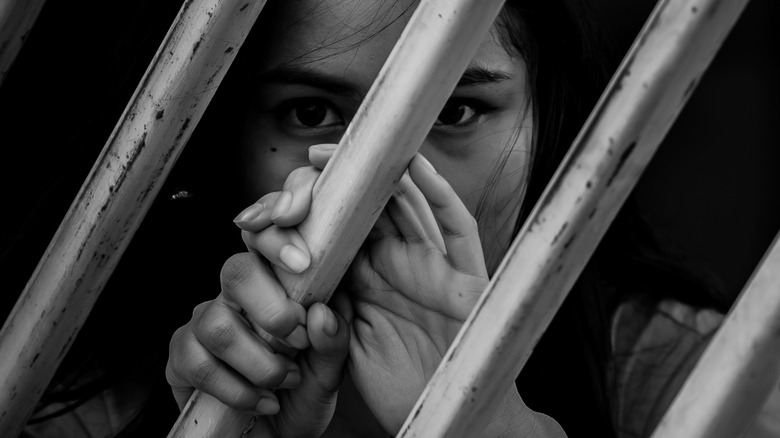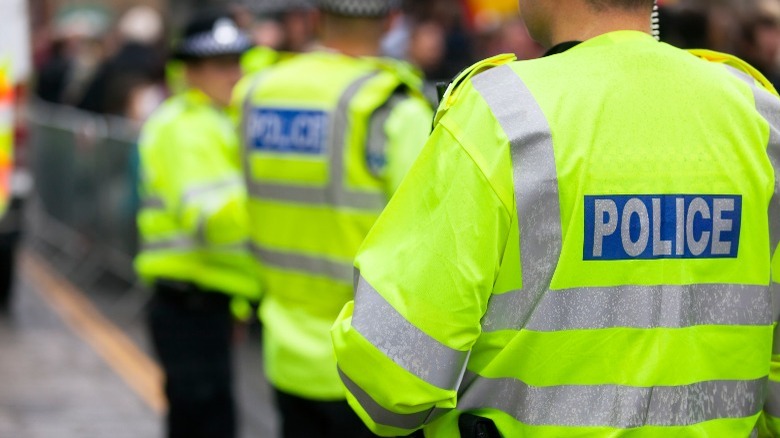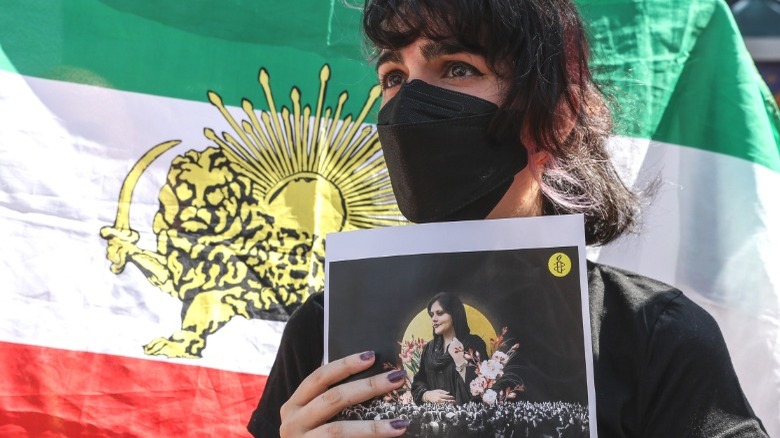What Do Morality Police Do?
The concept of laws as a framework for a safely functioning community dates back thousands of years. According to World History, the first code of laws was created in 2350 B.C., in a kingdom called Lagash, located in Mesopotamia. Along with these laws, societies have also created some sort of policing structure to ensure that the laws are implemented. As different cultures have different expectations and rules, it would make sense that their strategies for ensuring compliance differ as well.
Many ancient societies based their societal structure and legal code on moral or religious beliefs. In modern times this has become less common, especially in the western world. Many countries have transitioned to more secular views and standards when it comes to how their people are governed. Alternatively, there are still places where moral and religious codes are the law of the land, and a country's citizens must abide by them. To implement these laws often requires a particular kind of police force, generally referred to as morality police.
What are morality police?
According to the BBC, in recent years there has been a lot of focused placed on an institution that is often associated with Muslim-majority countries, known as the morality police. These governmental police forces have one job, which is to ensure that citizens are adhering to strict state rules regarding Islamic moral standards, especially in regard to dress codes. Although supposedly concerned with all public attire, these police primarily target women (per Deutsche Welle). This poses problems with any of those who are attracted to a more western style of living, as they often contradict each other.
In the 21st century, there are a number of countries that implement this type of policing on their people. Some of these countries are located in the Middle East, while others exist in Africa and Southeast Asia. Additionally, their populations largely adhere to the Muslim faith. Saudi Arabia has their Committee for the Promotion of Virtue and the Prevention of Vice, or Mutawa, while Sudan has the Public Order Police. Other countries, like Malaysia, have multiple police units dedicated to this purpose, but their goals are all the same.
Morality police In Iran
One country that has been in the spotlight when it comes to their morality police is the Middle Eastern nation of Iran. In 1979 the country experienced the Islamic Revolution and since then there has been a police force of some kind that was responsible for implementing the government's Islamic code of conduct (per BBC). The current entity that is enforcing these rules is known as the Gasht-e Ershad, a Persian phrase meaning "guidance patrols."
In September 2022, protests broke out in Iran in response to the death of a 22-year-old woman who died while in police custody. According to The Hill, Masha Amini was arrested for noncompliance with Iran's strict public dress code for women, for not wearing her hijab — her required head scarf — correctly. While in custody she was reportedly beaten severely and later died at a hospital. This tragic incident attracted attention worldwide and inspired protests by young women who have removed their hijabs entirely (also per BBC). It has all put renewed focus on Iran's governmental policy of using the Gasht-e Ershad, as conservative Islamic laws clash with the more secular ideologies of today.


